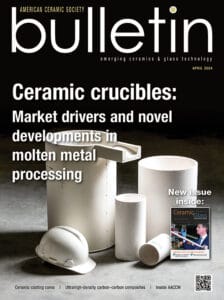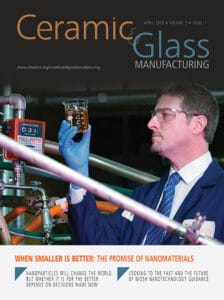Functional nanomaterials with intrinsically new and tailored properties are key elements for developing sustainable solutions for energy, environment and health. Specifically, this symposium will focus on new energy technologies and devices based on inorganic, hybrid and composite materials. Particular emphasis will be given to novel synthesis approaches, surface functionalization, and heterostructuring of nanoparticles, nanowires, and nanoscopic films, fundamentally new properties, and energy-efficient materials synthesis. Applications of nanostructures in photocatalysis, photovoltaic, energy, sensing and biomedical applications that combine advanced processing with conceptual advancement will form the major thrust areas. Contributions related to energy applications such as perovskite materials, batteries, fuel cells, water splitting, and carbon dioxide conversion as well as transparent conductors and challenges related to the large-scale production and integration of functional and structural nanomaterials are highly desired.
Proposed Session Topics
- Synthesis, functionalization, and assembly of inorganic and hybrid nanostructures
- Nanomaterials for energy conversion and storage and catalysis
- Metal oxide nanostructures for sensing, batteries and water-splitting applications
- Nanomaterials for photocatalysis, solar hydrogen and thermoelectrics
- Nanotoxicity, drug-delivery and tissue engineering with tailored nano-bioconjugates
- Functional coatings on glass and innovative thin film techniques (e.g., ALD, PECVD)
- Industrial production and application of nanomaterials and coatings
- Carbon nanostructures, 2D materials, and metal chalcogenides
- Computational methods in the design of tailored nanostructured materials
- Interfacial materials and multi-material heterostructures and nanocomposites
Symposium Organizers
- Sanjay Mathur, University of Cologne, Germany
- Yakup Gönüllü, SCHOTT AG, Germany
- Hidehiro Kamiya, University of Agriculture and Technology, Japan
- Alberto Vomiero, Lulea University, Sweden
- Silke Christiansen, Helmholtz-Zentrum Berlin, Germany
- Mustafa Ürgen, Istanbul Technical University, Turkey
- Muhammet Toprak, Royal Institute of Technology (KTH), Sweden
- Gunnar Westin, Uppsala University, Sweden
- Wilson Smith, TU Delft, Netherland
- Di Wu, Washington State University, USA
- Ausrine Bartasyte, University of Besancon, France
- Thomas Fischer, University of Cologne, Germany
- Daniel Chua, National University of Singapore, Singapore
- Yasuhiro Tachibana, RMIT, Australia
Points of Contact
- Yakup Gönüllü, Yakup.Goenuellue@schott.com
- Sanjay Mathur, sanjay.mathur@uni-koeln.de
Subscribe to Ceramic Tech Today

Don’t miss the latest ceramic and glass materials news. Receive the CTT newsletter to your email three times a week by subscribing at this link.
Subscribe to Ceramic & Glass Manufacturing Weekly

Don’t miss the latest ceramic and glass business news. Receive the C&GM Weekly newsletter to your email every Monday by subscribing at this link.


